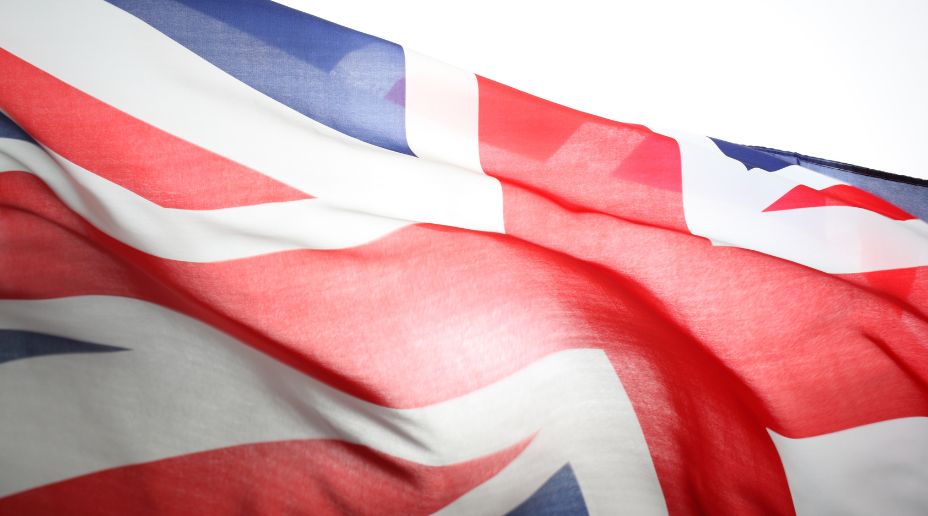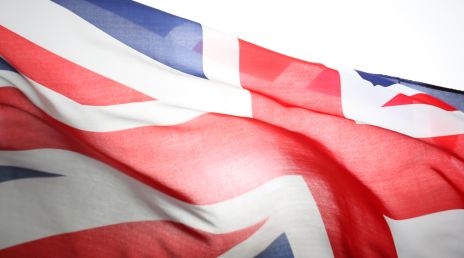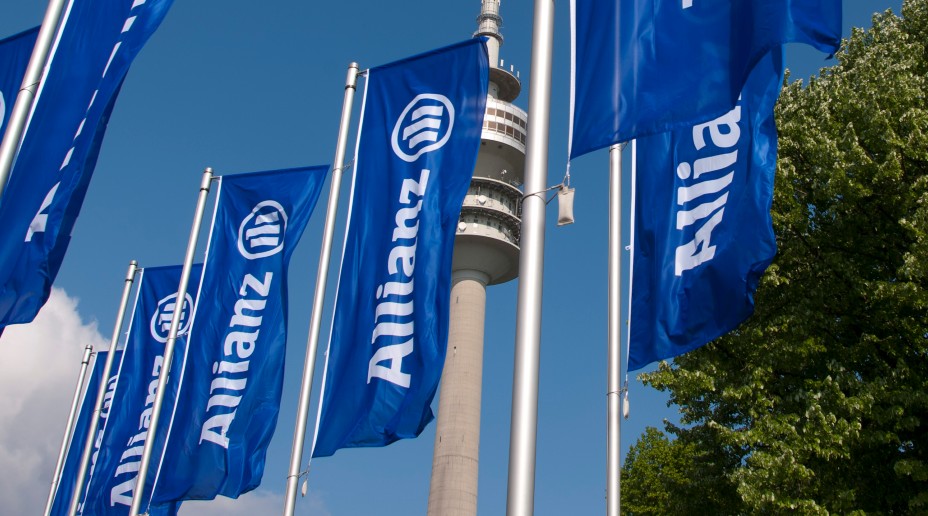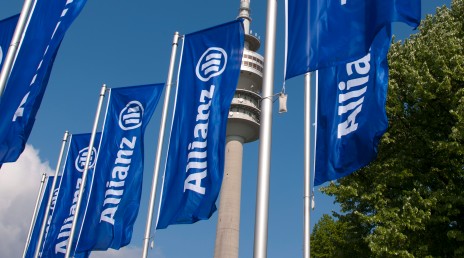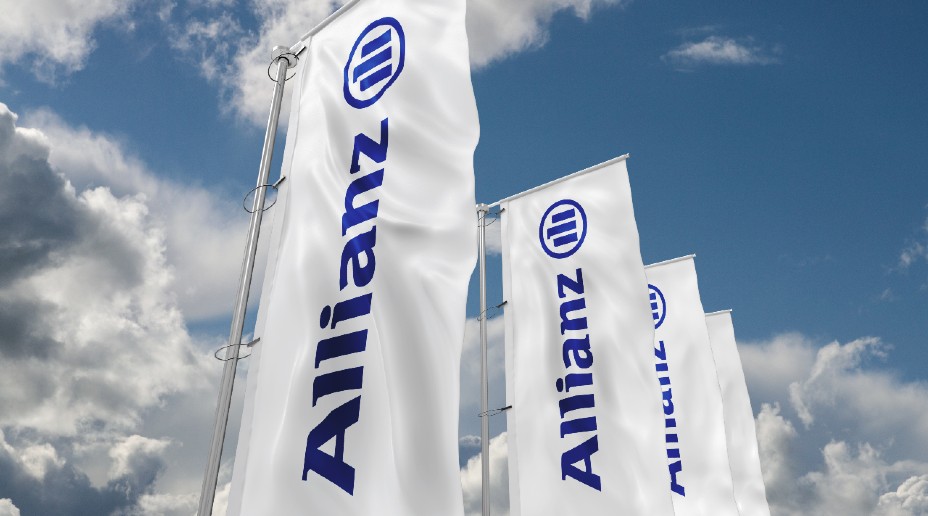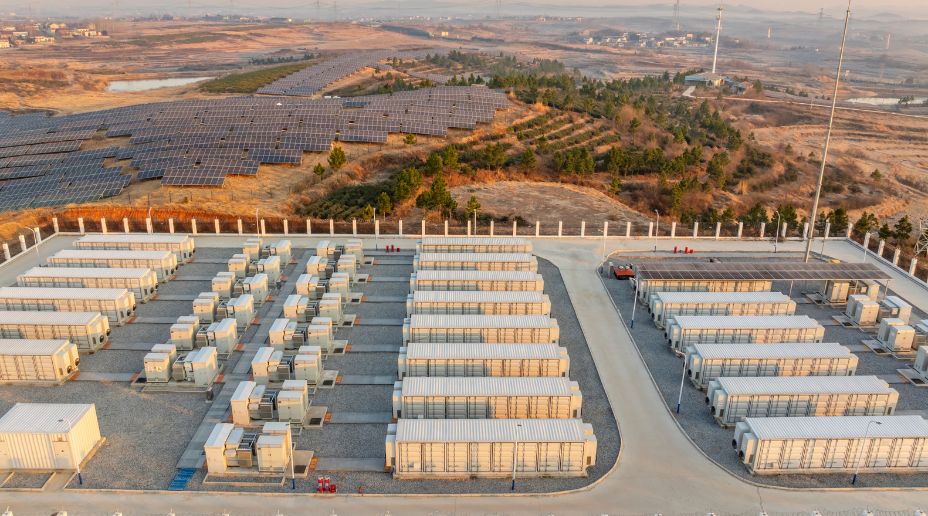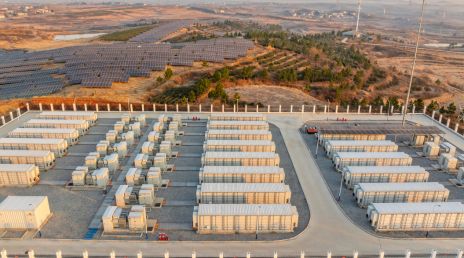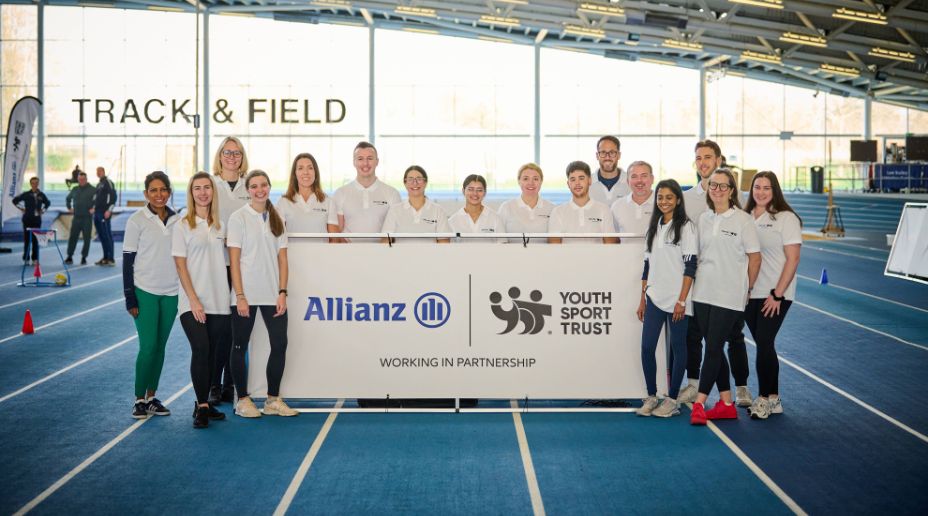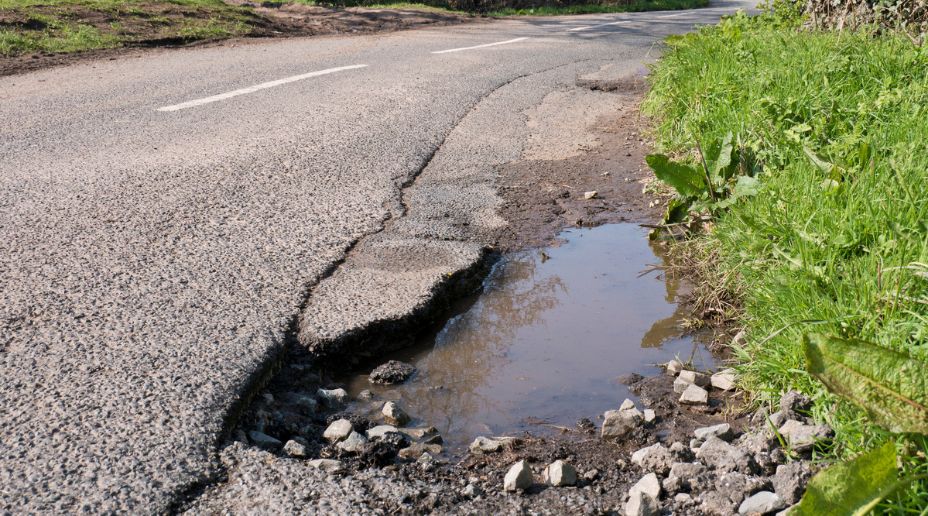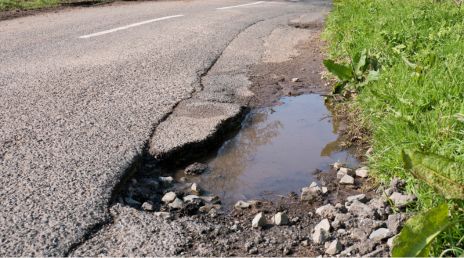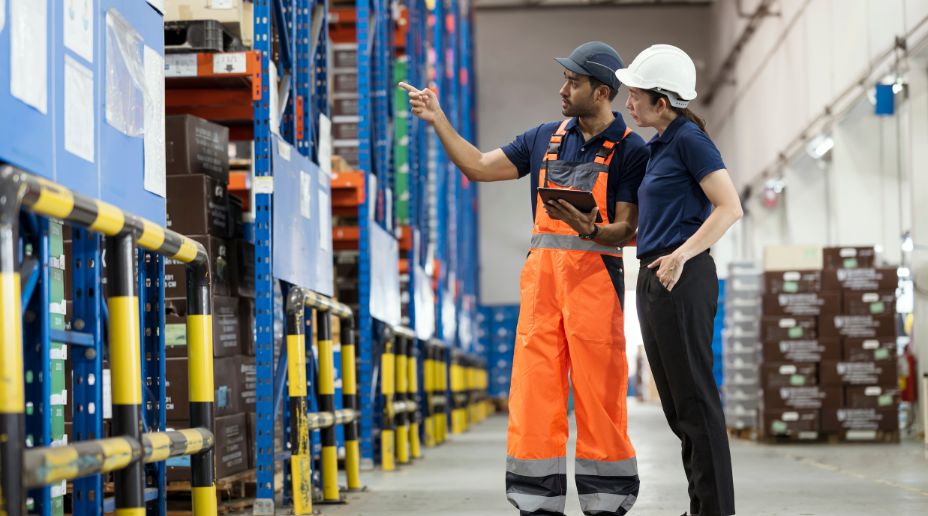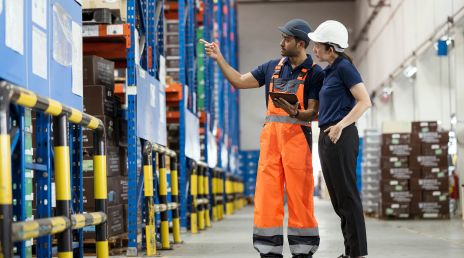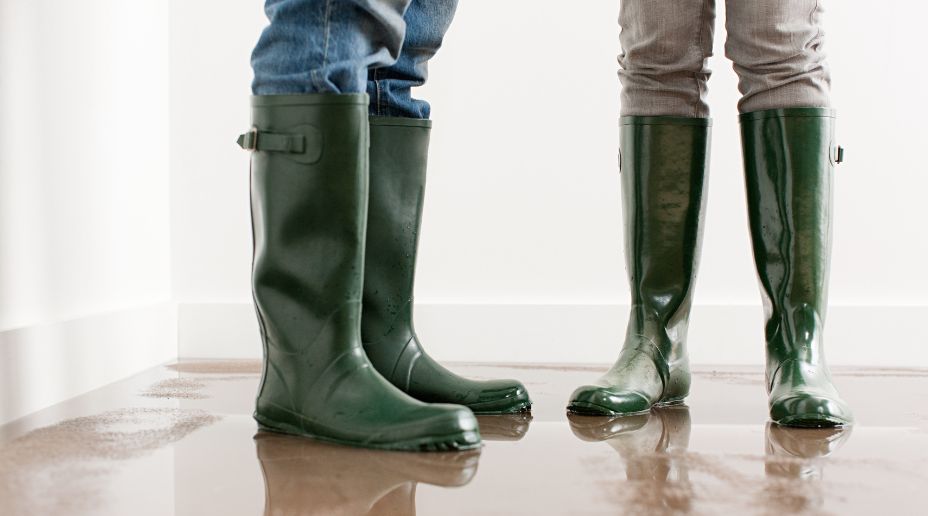While this type of fraud is by no means new, the pandemic has served to increase focus. This is because criminals, posing as insurance agents or brokers, will often lure customers with promises of cheaper policies, which are particularly attractive in times of financial hardship. In May, police arrested a man who had specifically targeted members of the NHS, offering discounts on bogus car insurance policies.1
Illegal insurance intermediaries operate in one of two main ways: either genuine policies are purchased from legitimate insurance companies using falsified information and then doctored before being sold onto customers; or criminals create fake policy documents using the branding of legitimate insurers. Typically, the policyholder will be charged a fee by the criminal on top of paying the ‘insurance premium’. Often, a victim of this fraud will only become aware of the scam when trying to make a claim, or when stopped by the police for driving without valid insurance.





